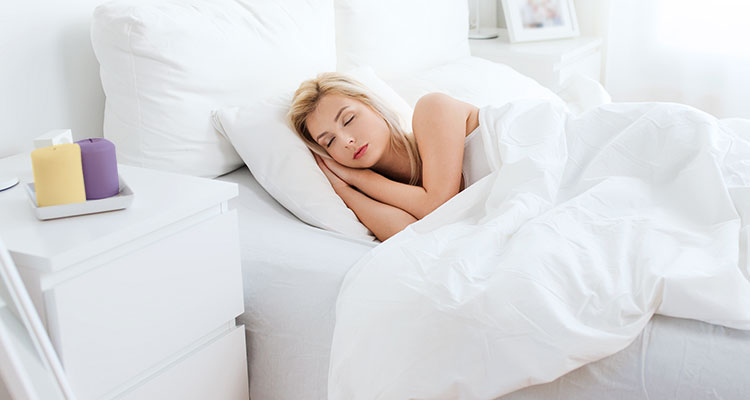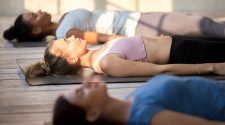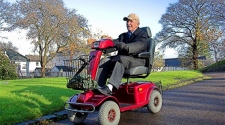Insomnia is the impossibility of obtaining by the body for one reason or another the necessary amount of sleep that is required for resting the body. Since all people are different, the amount of sleep that everyone requires is different. Insomnia is characterized by the quality of your sleep and your well-being after it, rather than the number of hours you sleep or how quickly you fall asleep.
Symptoms of insomnia:
- Difficulty falling asleep, despite the fatigue.
- Frequent awakenings at night.
- The problem with falling asleep after waking at night.
- Superficial sleep.
- Use sleeping pills or alcohol to fall asleep.
- Daytime sleepiness, fatigue, irritability.
- Difficulty concentrating during the day.
Remedies to fix sleep Disorder
Don’t be too frustrated that some methods fail, therefore, the patient should need to try to find a way that suits him well. There are many ways to fix sleep disorder. Here are few behavioral changes to improve sleep disorder that are mentioned below:
- Due fixing the waking time rather than the sleeping time fixed at 8 hours. Follow regular sleeping wake up schedules.
- Patients should sleep at the same time each night, particularly at the same time each morning even on weekends and holidays. Patients should not be in bed too long.
- By following a habitual routine before bedtime. Doing regular activity patterns like listening to sweet music, brushing teeth, cleansing and setting alarm clocks – can create a sleeping atmosphere. These are routines whether at home or outside essential to be followed every night.
- Apart from this routine, the patient should avoid bright lighting before going to bed.
- By developing an environment that will help to sleep like bedrooms should be kept dark and quiet and room temperature should not be too hot or too cold.
- Avoid loud noise that can interfere with sleep even if it does not cause arousal. Wear earplugs and use white noise devices or fans, or install thick curtains in the bedroom (block external noise and lighting) to help you sleep.
- Wearing a sleeping mask that covers both eyes can help people sleep in the room where light can leak somewhere in the daytime. Therefore, by break out of sleep at night, a patient should avoid bright light.
- In some cases, the patient can take a more comfortable sleeping position by putting a pillow between their knees or laying a pillow under their waist. For patients with problems in their waist, lying on their sides with a large pillow between their knees, or laying a large pillow under their knees can help them to sleep.
- The foremost use of the bed is sleeping. Therefore, beds should be used for sleeping and sexual intercourse only. Beds should not be used for eating, reading, watching TV, billing, or any other activity related to arousal status.
- If the patient does not fall asleep within 20 minutes after going to bed, by getting up and doing simple activities in another room, then going back to bed when they are asleep will be more effective than trying to fall asleep in bed.
- Exercise helps everyone to fall asleep naturally. However, exercising within 5 hours before going to bed can stimulate the heart and brain and keep the patient awake so avoid exercising before going to sleep.
- Stress and anxiety interfere with sleep. Those who are not sleepy at bedtime can relax their mind and body through reading or be warming up. You can use relaxation techniques such as visual imagery, progressive muscle relaxation, and breathing exercises. Before you enter the bedroom, make sure you put down any troublesome problems. If you decide to think about distress during the day, you can reduce the burden you have to worry about when you go to bed.
- Avoid stimulating activities before going to bed, it can be difficult to get a good night’s sleep if you watch a fun TV show for about an hour before going to bed, enjoy a thrilling computer game, or deal with complex business problems.
Author Bio:
Jessica Porter is a lecturer and a fitness mentor. In her article from Online assignment help UK, she highlights considerations on medical health counseling and correctness of sleeping disorder to spread well-being strategies for learners in society. She also inaugurated an appropriated theoretical institution and wellbeing club for students.
















